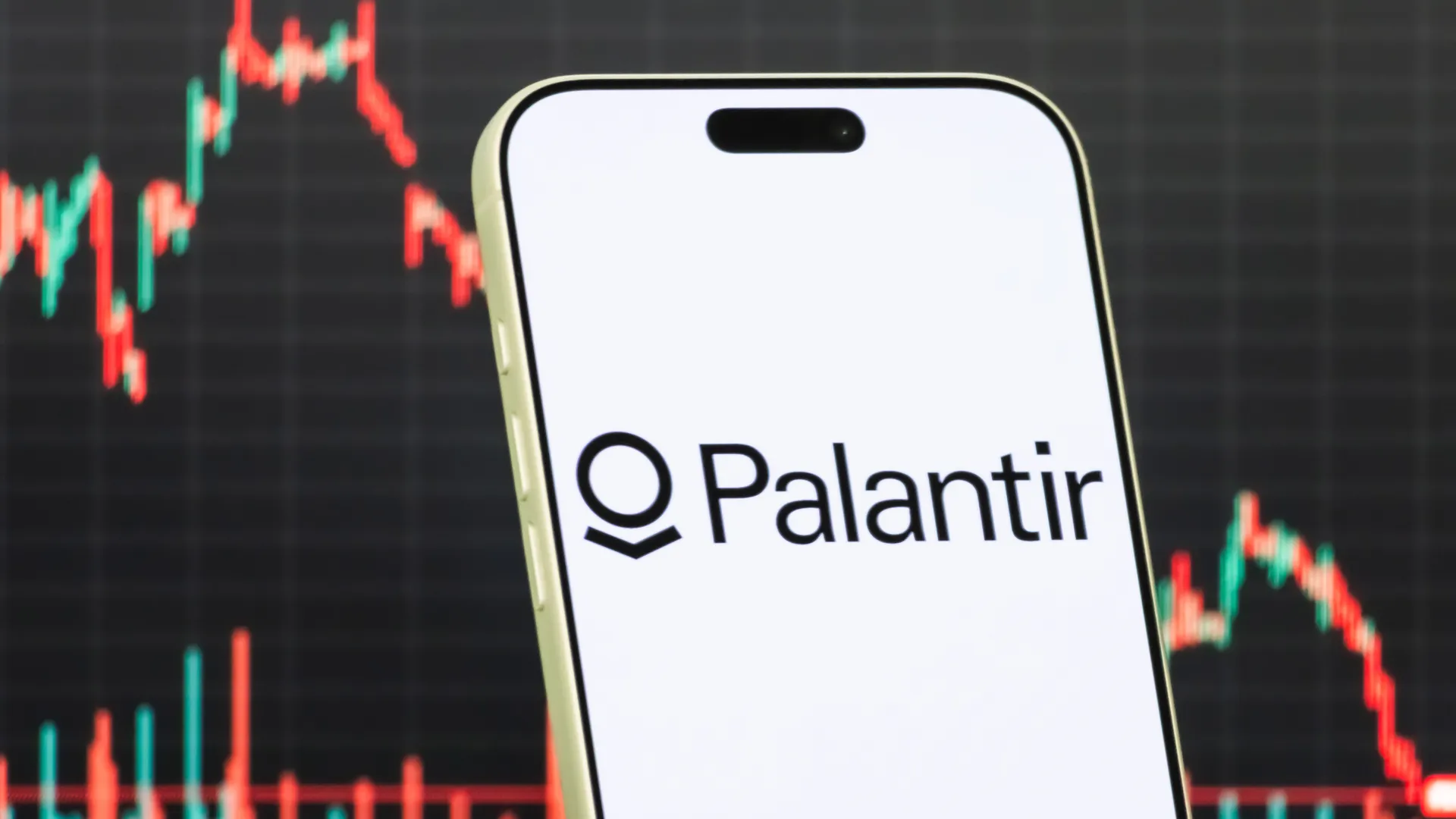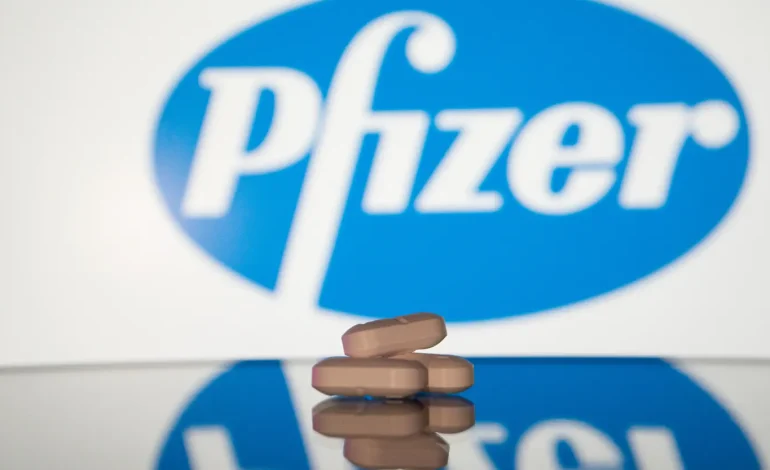Pfizer has announced it will halt further development of its once-daily oral weight loss drug, danuglipron, after a clinical trial participant experienced a potential case of drug-induced liver injury.
The company made the decision following a comprehensive review of clinical data and input from regulatory authorities.
The patient involved did not exhibit any liver-related symptoms but showed elevated liver enzymes—a possible indicator of liver cell damage. According to Pfizer, these enzyme levels returned to normal shortly after the patient stopped taking the drug. The event occurred in a dose-optimization study where the dosage was increased over a short time frame.
Danuglipron, an oral GLP-1 receptor agonist, was being developed to help manage chronic weight issues by mimicking hormones in the gut that help regulate appetite and blood sugar. These types of drugs are part of a fast-growing market dominated by injectable treatments from competitors such as Novo Nordisk and Eli Lilly.
“While we are disappointed to discontinue the development of danuglipron, we remain committed to evaluating and advancing promising programs,” said Dr. Chris Boshoff, Pfizer’s Chief Scientific Officer.
He added that Pfizer will continue exploring other weight loss treatments, including early-stage oral drugs targeting different mechanisms such as GIPR (glucose-dependent insulinotropic polypeptide receptor) antagonists.
This marks the second time Pfizer has halted development of danuglipron. In late 2023, it discontinued a twice-daily version of the pill after patients reported difficulties tolerating it in mid-stage studies. The latest once-daily formulation had shown some promise, meeting key pharmacokinetic goals and demonstrating potential for efficacy and tolerability in ongoing research. Nonetheless, Pfizer opted not to move forward with late-stage trials due to the recent safety concern.
Despite this setback, Pfizer emphasized that the rate of liver enzyme elevation in its trials—spanning over 1,400 participants—was consistent with that of approved GLP-1 drugs. However, this incident adds to a growing list of challenges in the company’s efforts to gain a foothold in the obesity treatment market, particularly as demand for effective, convenient weight-loss solutions continues to rise.
Oral GLP-1 therapies are seen as a potential game-changer in the obesity space, with analysts projecting that this segment could generate up to $50 billion in sales by the early 2030s. Currently, Novo Nordisk’s Rybelsus remains the only FDA-approved oral GLP-1 drug for type 2 diabetes treatment.
Pfizer has identified obesity as a key focus area in its long-term strategy, especially as revenues from its COVID-19 products decline. While danuglipron will no longer be part of that plan, the company is continuing to invest in earlier-stage weight loss treatments that may offer improved efficacy and safety profiles.
With input from CNBC, Bloomberg, and Business Wire.










The latest news in your social feeds
Subscribe to our social media platforms to stay tuned